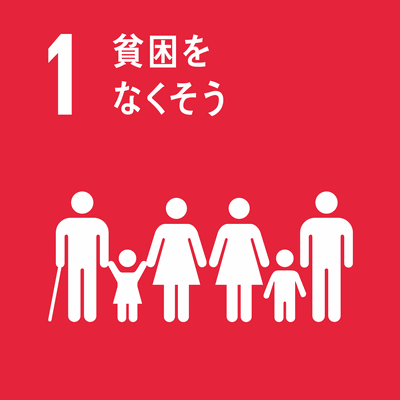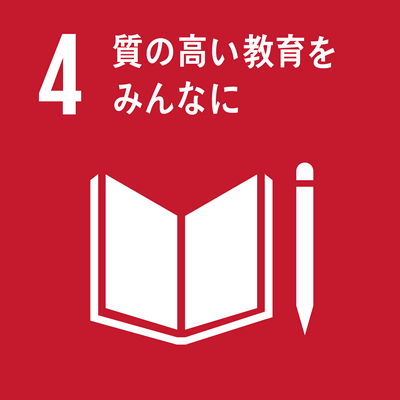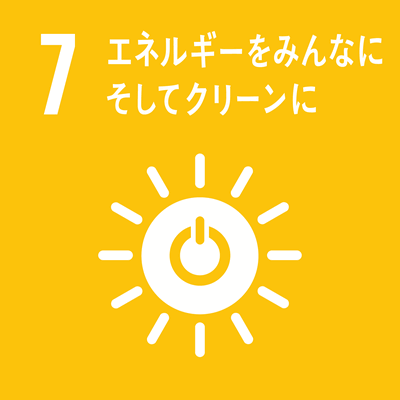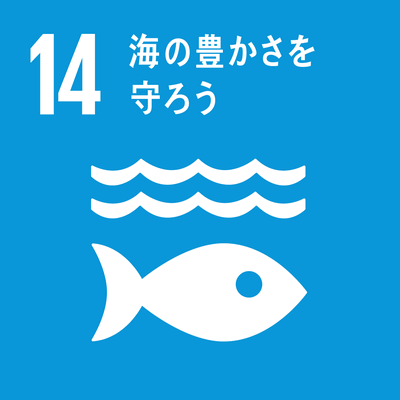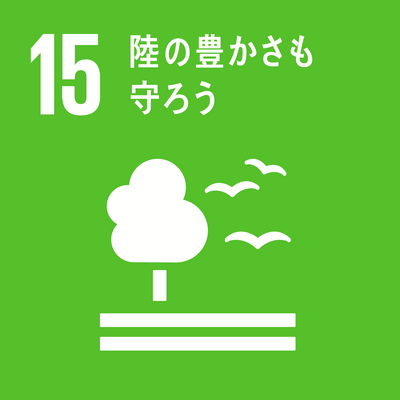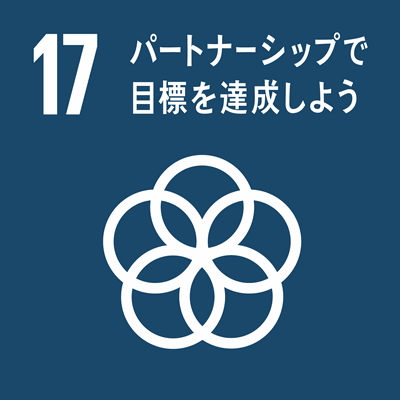シラバス表示
シラバスの詳細な内容を表示します。
→ 閉じる(シラバスの一覧にもどる)
科目の基本情報
| 開講年度 | 2024 年度 | |
|---|---|---|
| 開講区分 | 国際交流センター(国際キャリアアップコース) | |
| 受講対象学生 |
※受講者多数の場合は、担当教員の判断で特別聴講学生を優先に受講を認めます。 留学生対象(2024年度前期の授業レベル決定者); 学部正規生 大学院正規生 特別聴講学生 |
|
| 選択・必修 | ||
| 授業科目名 | 英語でエッセイA | |
| えいごでえっせいえー | ||
| English Short Composition A | ||
| 単位数 | ※ 単位 | |
| ナンバリングコード | ||
| 開講学期 |
前期 |
|
| 開講時間 |
木曜日 1, 2時限 |
|
| 授業形態 |
対面授業 * 状況により変更される可能性があるので定期的に確認して下さい
「オンライン授業」・・・オンライン会議ツール等を利用して実施する同時双方向型の授業 |
|
| 開講場所 | 総合研究棟Ⅱ2F 国際交流センター 視聴覚室 |
|
| 担当教員 | フロイド・マクダニエル(非常勤講師) | |
| Floyd McDaniel II | ||
| SDGsの目標 |
|
|
| 連絡事項 | * 状況により変更される可能性があるので定期的に確認して下さい |
|
学修の目的と方法
| 授業の概要 | Practice writing short compositions (multi-paragraph) in English. Learning American/English styles and formats of short composition writing. |
|---|---|
| 学修の目的 | I am aiming at teaching a skill; not merely "getting some information." Students can "get information" by reading a book. To develop this writing skill, students are expected to write and participate in conversation during clas (every week). Students will also develop their intellects when learning to write in an engaging and/or persuasive manner. Finally, students will learn to become sensitive to the different English writing styles. |
| 学修の到達目標 | Upon finishing this class, students should be able to confidently (1) write short essays in English in proper English writing styles, (2) revise their own essays - and the essays of others - for improvement beyond mere spelling and grammar, and (3) understand the difference between writing a personal introduction, telling a narrative (both first term), giving examples to illustrate a point, and giving reasons to support/defend a position (both second term). |
| ディプロマ・ポリシー |
|
| 成績評価方法と基準 | Grades are 30% based on in-class work, about 70% from 3 "large" compositions done throughout the semester. |
| 授業の方法 | 講義 演習 |
| 授業の特徴 |
プロジェクト型PBL グループ学習の要素を加えた授業 Moodleを活用する授業 教員と学生、学生相互のやり取りが、ほぼ英語で進められる授業 |
| 授業アンケート結果を受けての改善点 | I'm always open to student suggestions and requests. Some of my best ideas began from a student. |
| 教科書 | "Writers at Work: The Short Composition" by: Ann O. Strauch Cambridge University Press: ISBN 0-521-54496-3 |
| 参考書 | None. |
| オフィスアワー | None. As I am a part-time teacher at Mie University, I am only there on Thursdays. Students will be advised on how to contact me through e-mail or otherwise during the first class. |
| 受講要件 | Students who passed English I, have a sufficient score on TOEIC or have an otherwise solid background in English. 国際交流センターにおける授業レベルが初級集中Ⅰ(#1)・初級集中Ⅱ(#2)・初級集中Ⅲ(#3)・中級Ⅰ(#4)であること ・2023年度後期の進級判定で授業レベルが決定した者 ・2024年度前期の日本語プレースメントテストで授業レベルが決定した者 |
| 予め履修が望ましい科目 | |
| 発展科目 | |
| その他 | This class is taught in English ONLY. While it is listed as an entry-level class, you must have a good background in English. Students are expected to write and speak in English in this class. |
授業計画
| MoodleのコースURL |
|---|
| キーワード | English, Writing, Short Composition |
|---|---|
| Key Word(s) | English, Writing, Short Composition |
| 学修内容 | (Both semesters use the same textbook, but different parts. Students can take only one term, or both terms without repeating any parts.) Week 1 - Introduction and Class Overview (Homework: prepare 2 questions for me) Week 2 - Main Idea and introduction to first paper (interview) (HW: prepare 10 questions to ask a partner) Week 3 - Main Idea (continued), Body and Interviewing (HW: write a main idea sentence for this paper) (1st Supplementary Homework: Begin body of the paper, add transition signals) Week 4 - Effective "bodies" + second and supplementary interviews (HW: write first draft of 1st paper)(2nd Supplementary HW: Read "Conclusion" in the textbook, add one to your paper, decide which kind of conclusion it is.) Week 5 - Revising (HW: Revise paper based on today's revision) Week 6 - Editing (HW: edit paper after another student checks it, write final draft) Week 7 - Turn in first writing, begin "Narrative" writing (HW: choose a topic for narrative writing) Week 8 - Review of first papers, teacher feedback, review of Narrative topic selections (HW: write an extensive list of possible details that could be used in the paper.) (3rd Supplementary HW - organize details into "time order" and add time specific words to the details so it makes sense) Week 9 - Introduction to Narrative style writing Week 10 - Choosing a suitable topic for Narrative, peer review a feedback of selected topics Week 11 - Intro of Narrative Main Idea, Time order vocabulary for writing Narrative Bodies Week 12 - Effective Bodies, including Revision 2 - deleting irrelevant material, improving from "basic English" Week 13 - Editing 2 - Verb Tense (HW: Edit paper based on today's lesson and partner comments (4th supplementary HW: Write final draft, send it to one partner I assign in class; read, revise and edit that paper. Have both ready for next week's meeting with me.) Week 14 - Individual meetings with students, final advise and checking to be sure that all homework was done. (HW: Write Final draft to hand in next week) Week 15 - Turn in Final Paper. Parting words from the teacher. |
| 事前・事後学修の内容 | Students are expected to do about 3-4 hours of work outside of class each week. This breaks down to 1-2 hours of preparation for the next week's lesson, and 2-3 hours of writing, revising, and/or editing assigned the previous week. Some weeks (especially the first few weeks) will be lighter. As we get to the major papers, homework will take longer to accomplish. Therefore, the average will be around 3-4 hours per week. |
| 事前学修の時間:120分/回 事後学修の時間:120分/回 |
